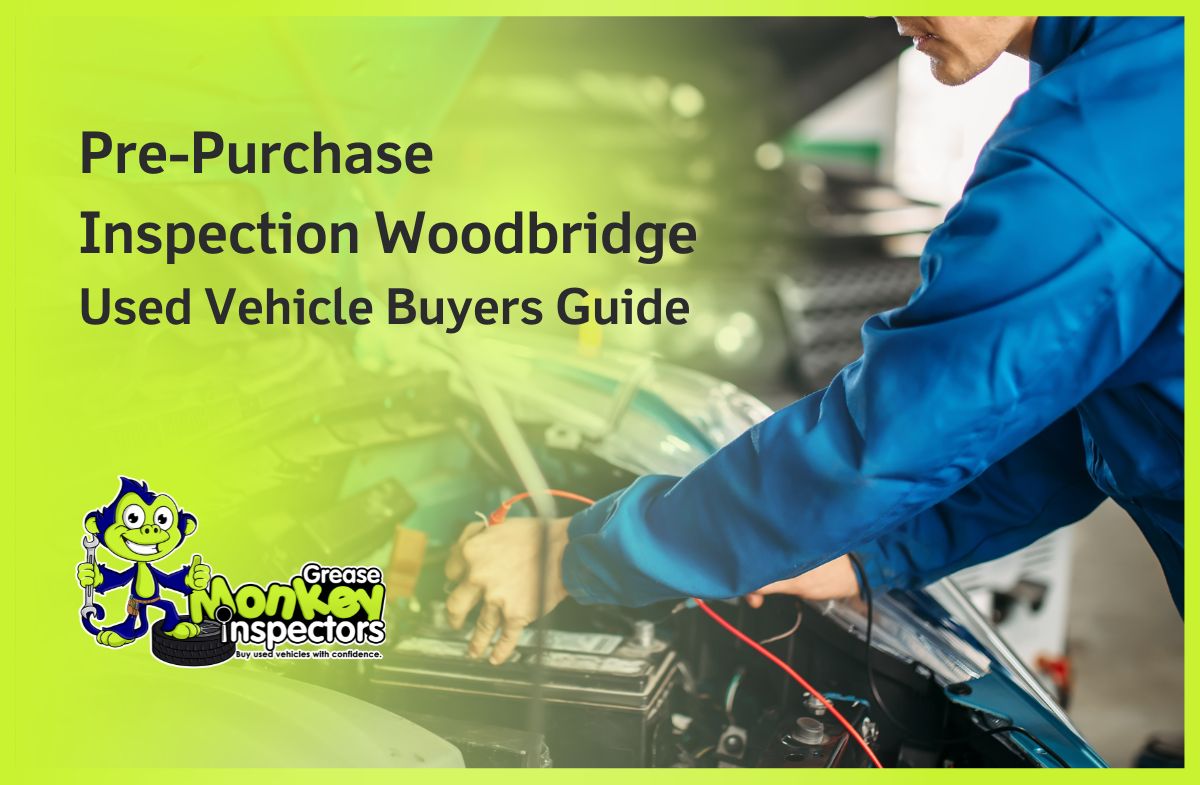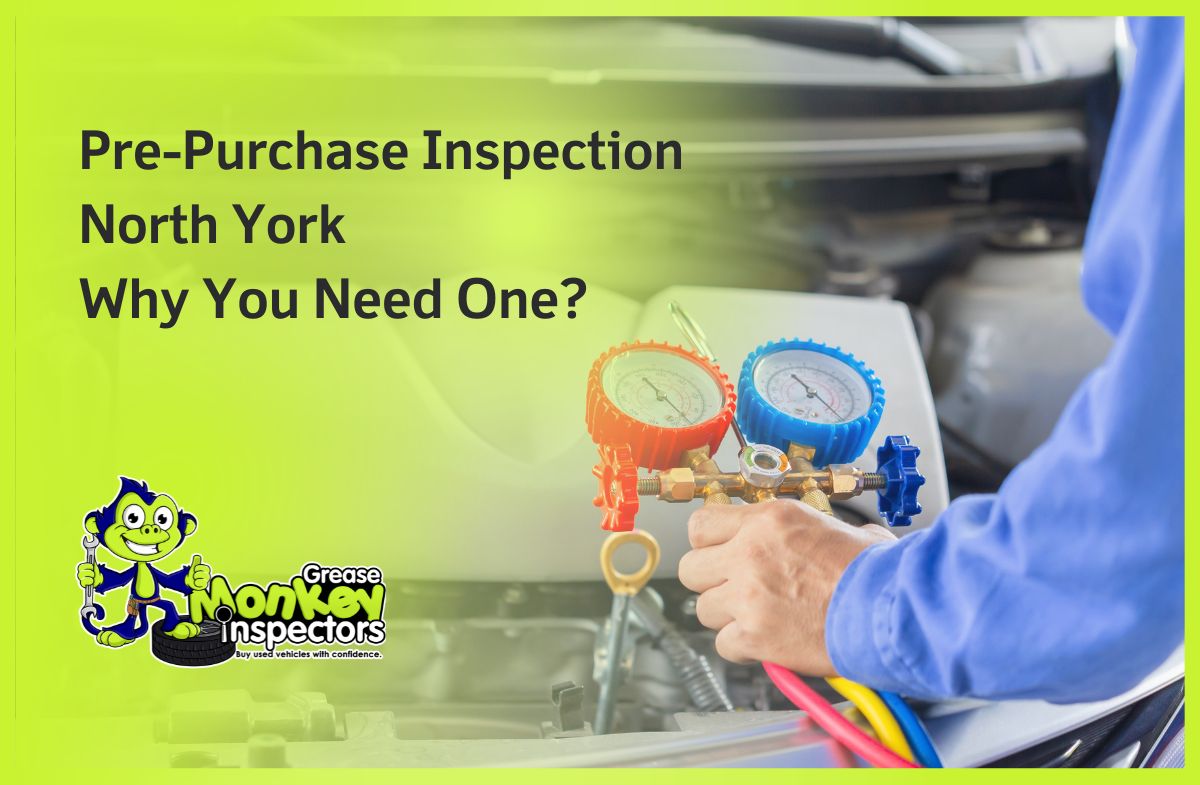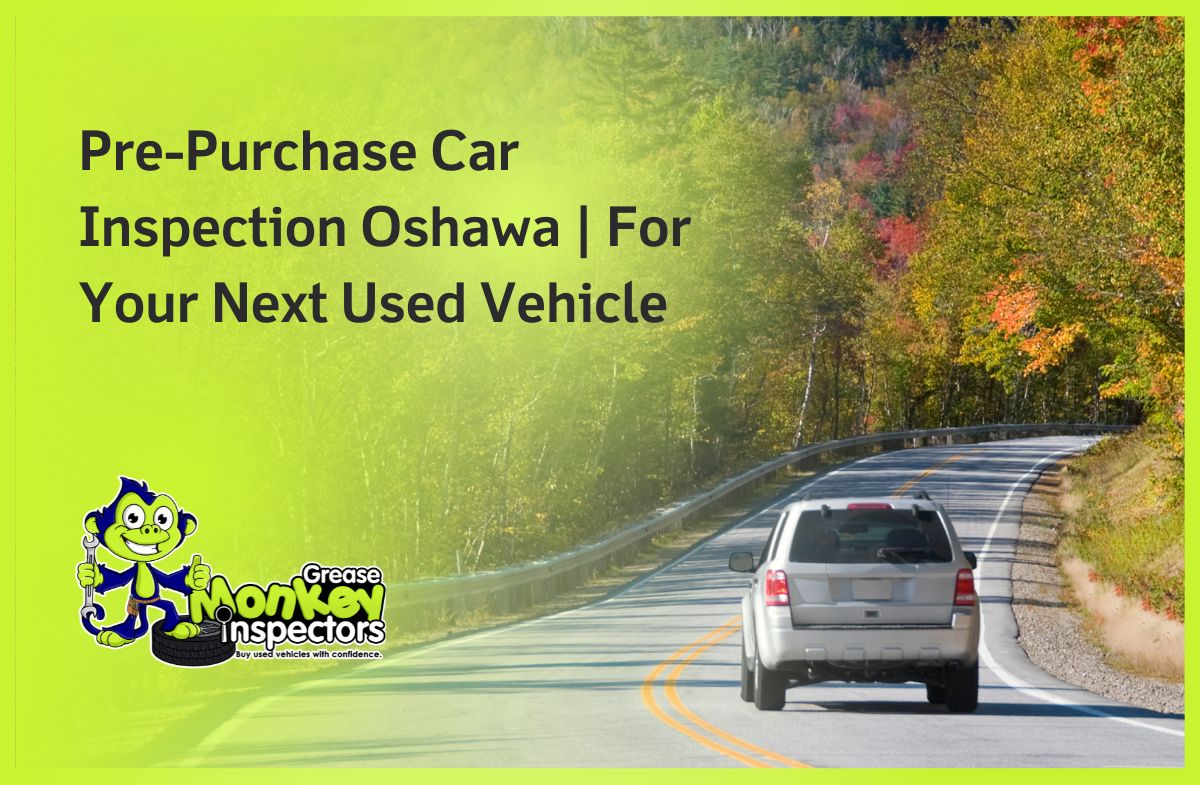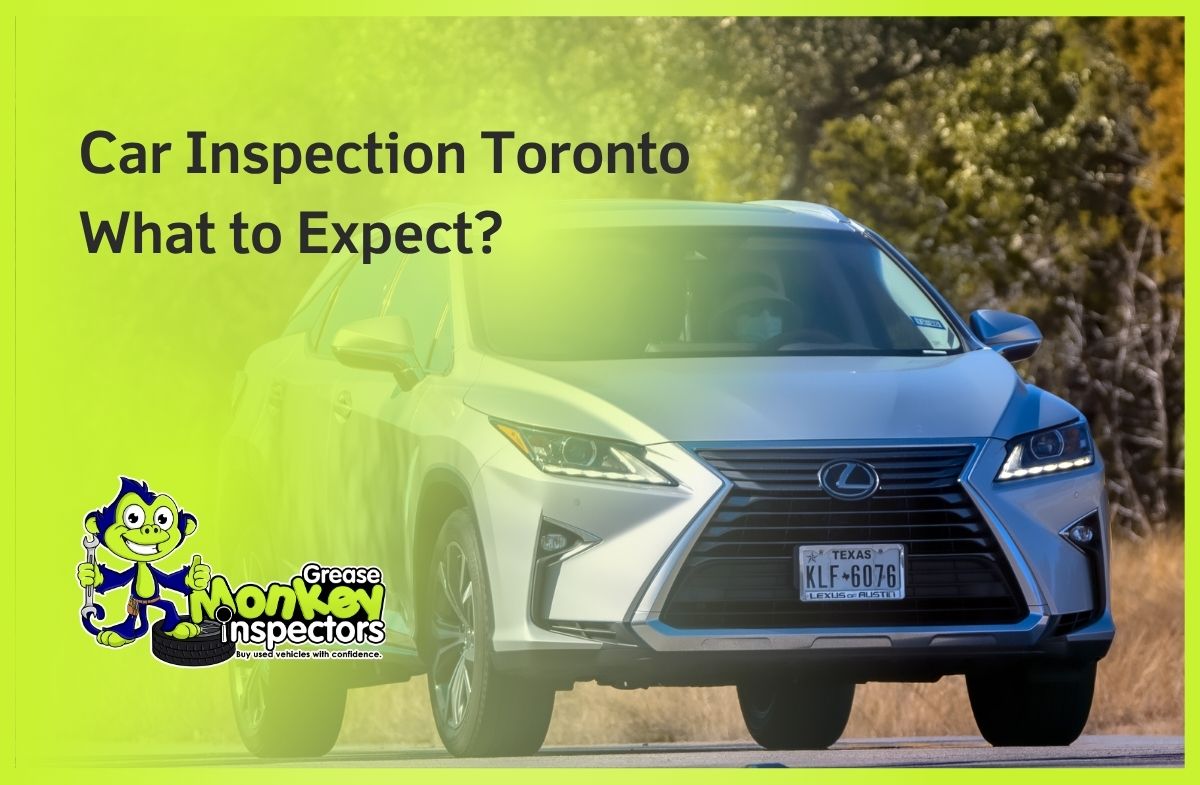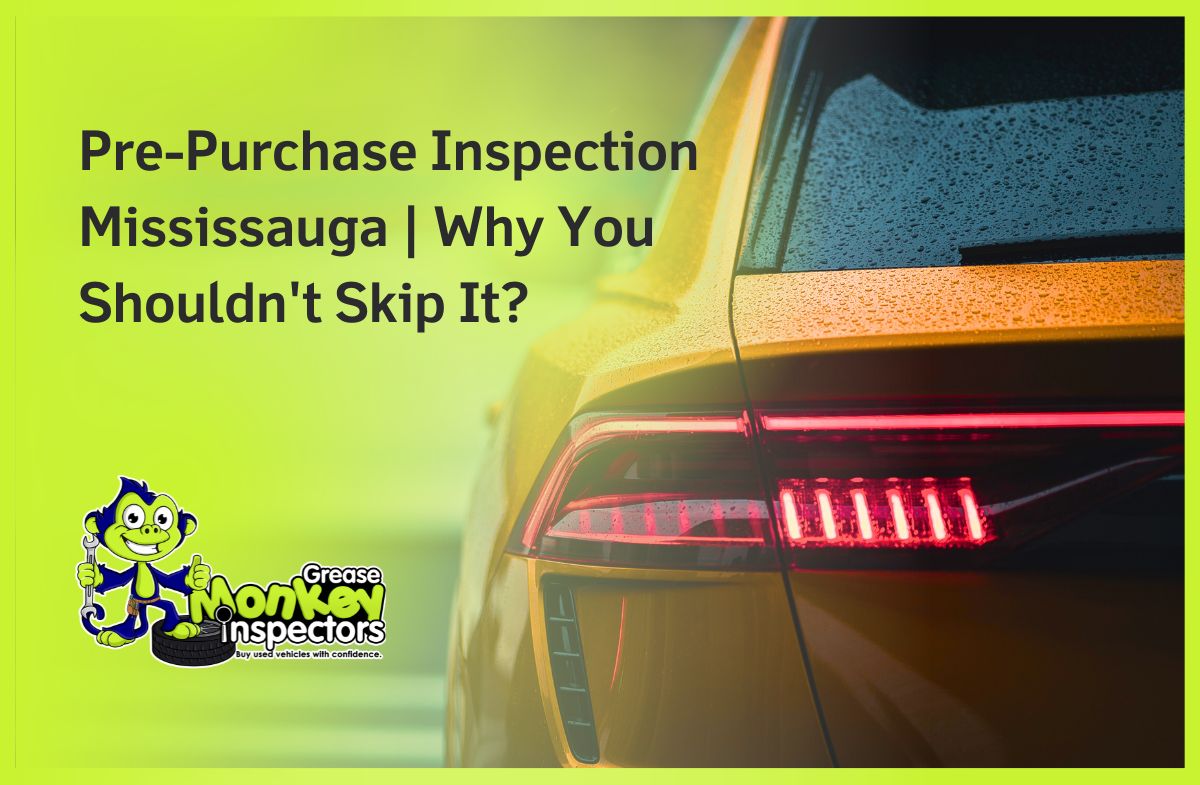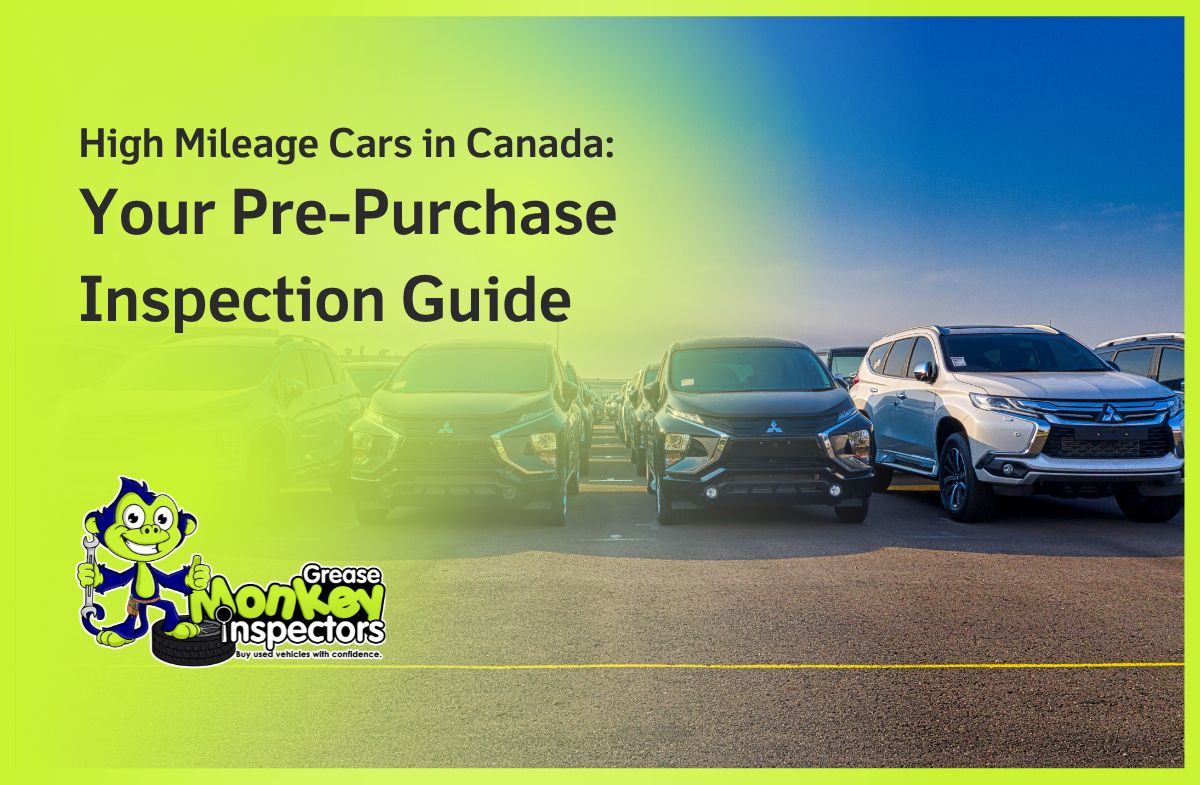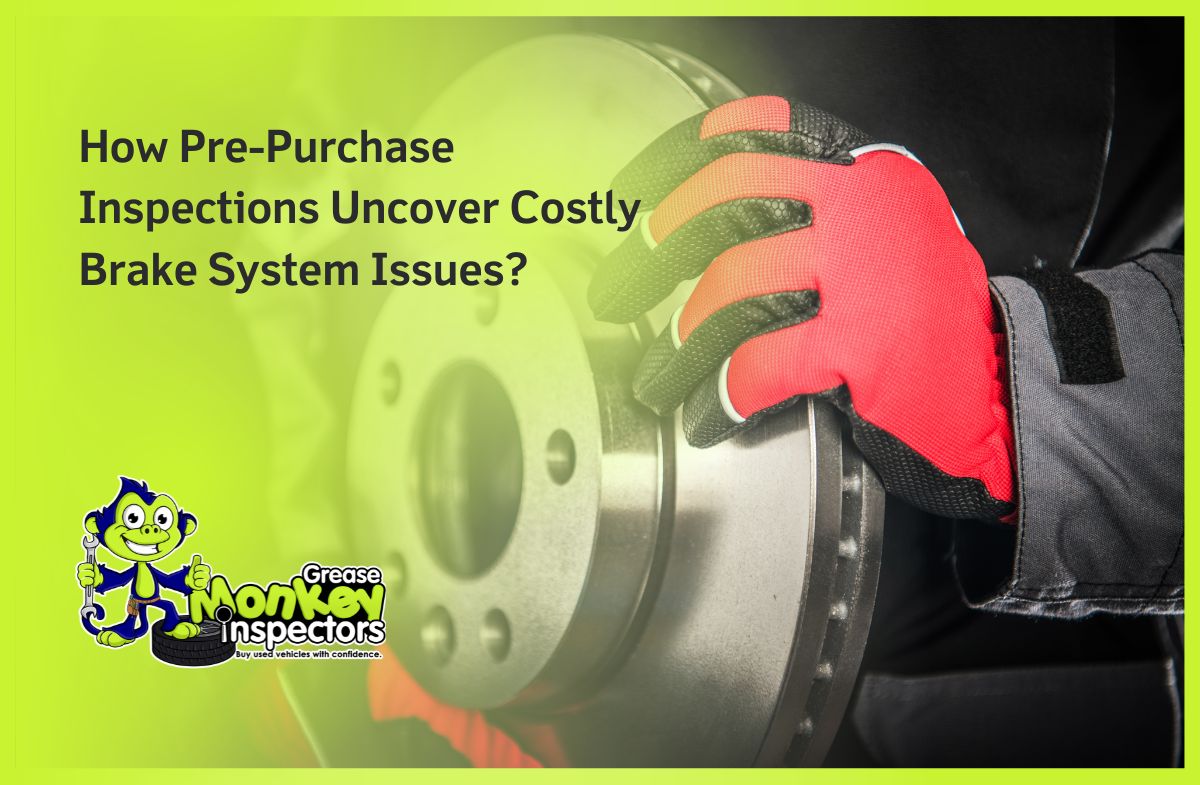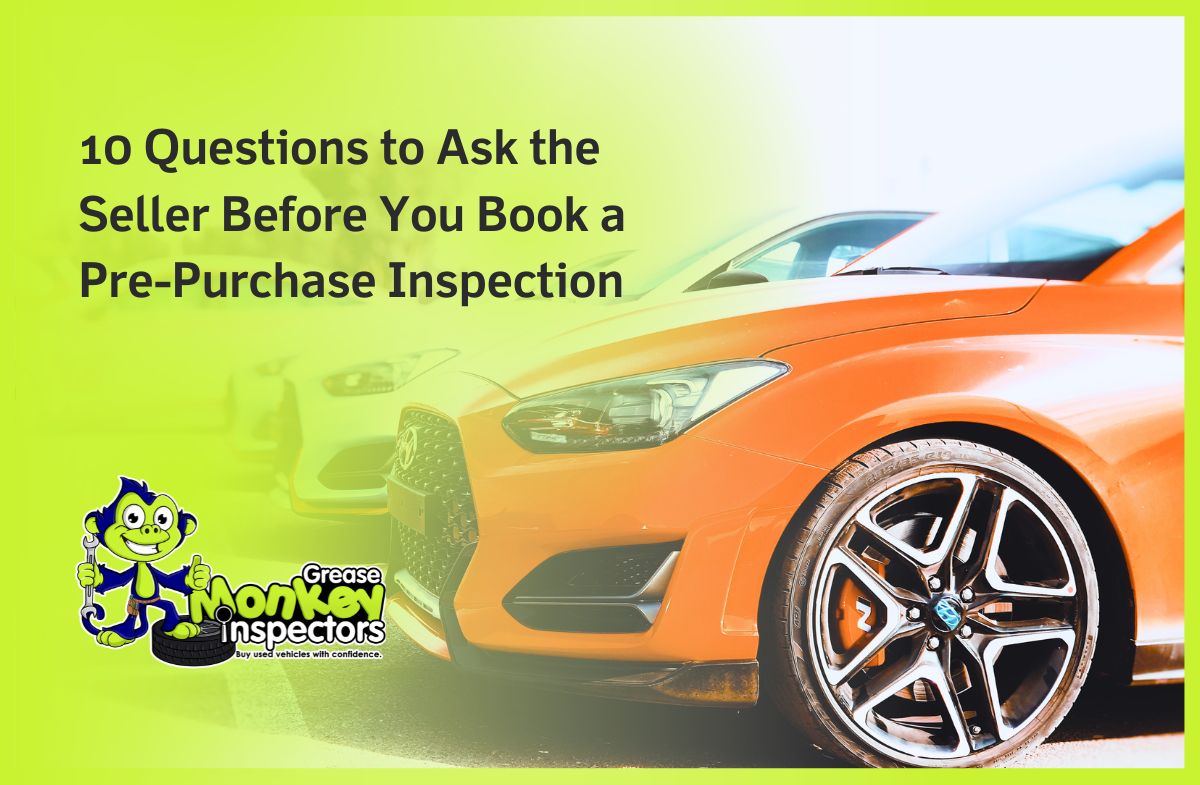Buying a used car in Woodbridge can feel like a gamble. The stress that comes with used car purchases is justified because of hidden issues or surprise repair costs. That’s why a professional ‘pre-purchase inspection Woodbridge’ is so important.
Pre-Purchase Inspection Woodbridge | Why Get one?
- Get a deep dive into your car’s health with an inspection on all aspects of it.
- Spots hidden issues like odometer rollbacks, rust, and mechanical trouble.
- Certified mobile technicians check everything like the engine, transmission, electrical systems, and more.
- Get a detailed report with photos, videos, and expert recommendations.
- Helps you negotiate a better deal by revealing potential problems upfront.
- Keeps you from getting stuck with expensive surprises later on.
How to Find the Best Car Inspector in Woodbridge?
Search “car inspection near me in Woodbridge” and look for inspections with certified, experienced technicians who know cars inside and out. They should offer thorough mechanical and electrical checks with vehicle history reports.
The best services provide on-site pre-purchase car inspection in Woodbridge at the seller’s location. This will allow you to not worry about moving the car and get same-day reports with clear advice. Bonus points if they’re available for follow-up questions!
For modern cars post-2000s, choose a service that includes advanced diagnostic scans, paint thickness testing for accident damage, and repair estimates to help you negotiate.
Want more info? Read our blog on finding a good inspection mechanic in Canada.
Pre-Purchase Inspection Woodbridge | Why Choose Greasemonkey Inspectors?
Take the stress out of buying a used car. We at Greasemonkey Inspectors offer packages from a basic 200-point check to a premium 300-point assessment that includes market price valuations and detailed repair estimates.
Buy your next car with total peace. We will help you uncover any potential issues before you sign the papers. Schedule your pre-purchase inspection Woodbridge today and stop guessing- start driving with confidence!

